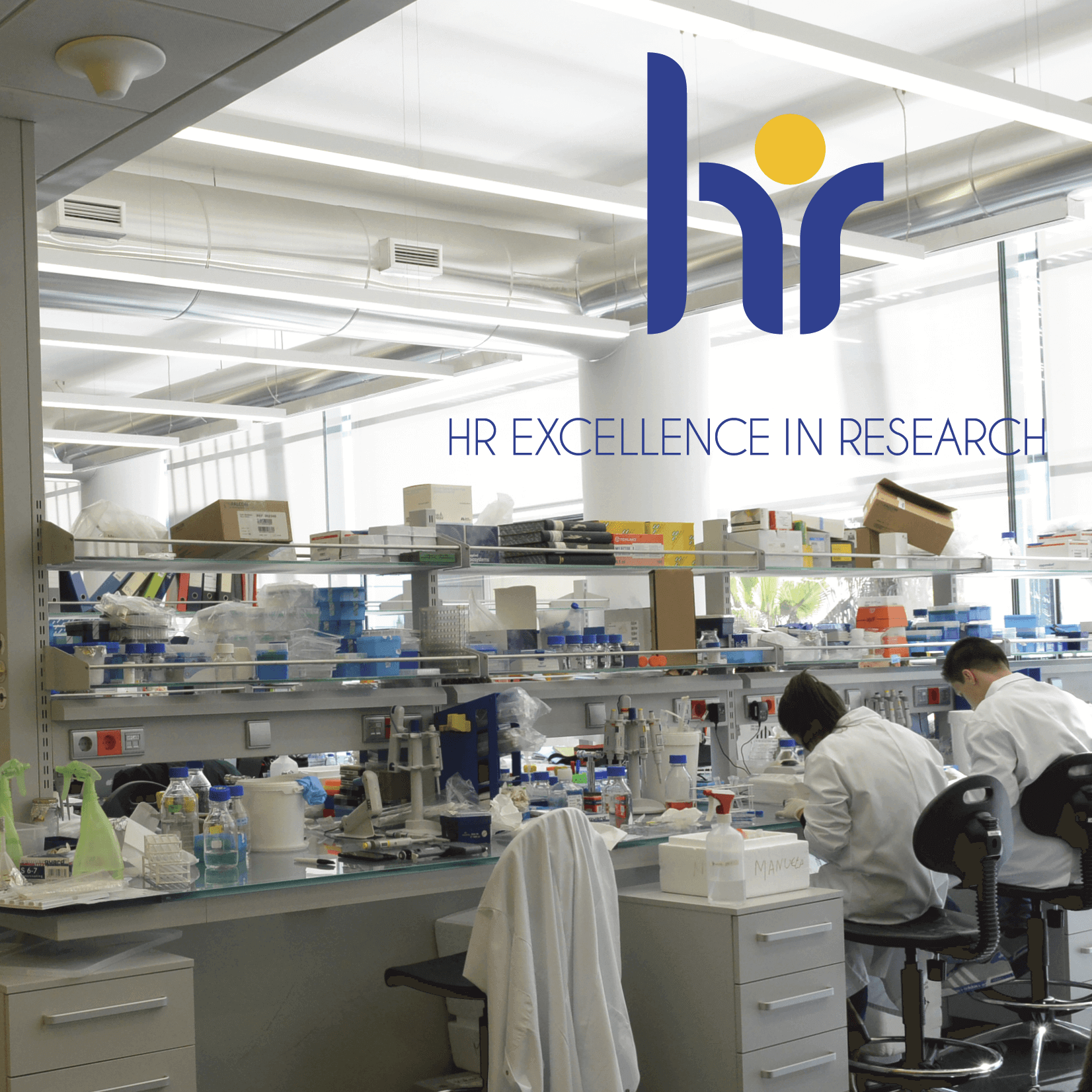Date and Time
27 March 2026, 2:30pm – 6:30pm
Location
Auditorium, Champalimaud Foundation, Lisbon
About
PATEO is a Science4Policy project that translates scientific evidence on the prevention of dementia and age-related functional decline into concrete, actionable solutions to support healthier aging, greater autonomy and improved quality of life.
11 February 2026
Different Visual Experiences Give Rise to Different Neural Wiring
The visual system is hierarchically organised into different areas. The lower visual areas see small parts of the visual field, and they are sensitive to very simple features, such as edges and their orientation. Higher up the hierarchy, the visual areas start encoding more abstract representations of the world, expanding their visual field to respond to stimuli such as objects and faces.
10 February 2026
Controlled “Oxidative Spark”: A Surprising Ally in Brain Repair
Oxidative stress is a direct consequence of an excess in the body of so-called “free radicals” – reactive, unstable molecules that contain oxygen. Free radicals are normal metabolic by-products and also help to relay signals in the body. In turn, oxidative stress (an overload of these molecules) can be caused by lifestyle, environmental and biological factors such as smoking, high alcohol consumption, poor diet, stress, pollution, radiation, industrial chemicals, and chronic inflammation.
IV Annual Conference YPP
Date and Time
April 11, 2026, 11:00-18:00 WEST
Location
Auditorium, Champalimaud Foundation, Lisbon
About
The conference consists of scientific sessions, debates, and patient testimonials, bringing together young researchers, leading experts, patients and families for a broad discussion in the areas of neuroscience and Parkinson's disease.
Some of the topics discussed will include AI in medicine, research on movement disorders and the challenges of living with Parkinson's.
Champalimaud Open Seminar (COpS)
"Why does cancer come back and how to fight it?"
Ana Luísa Correia, Cancer Dormancy & Immunity
"The quick and the dead: a tale of resident memory T cells in infection and cancer"
Klaas van Gisbergen, Tissue Immunity
Moderation
Leopoldo Petreanu, Cortical Circuits
28 Jan. 2026
Technician (Preclinical MRI Lab)

Application Starts: 28 Jan. 2026
Offer Description
A Call for one Research Technician bolsa de investigação for a master at the Shemesh Lab is open at Fundação D. Anna de Sommer Champalimaud e Dr. Carlos Montez Champalimaud (Champalimaud Foundation) in the context of the project entitled “Next-Generation Stroke Imaging via Correlation Tensor Magnetic Resonance Imaging”, with reference LISBOA2030-FEDER-00892500 from the call Nº 15258 (MPr-2013-12), https://doi.org/10.54499/2023.17707.ICDT, funded by the Fundação para a Ciência e a Tecnologia and FEDER.
19 Jan. 2026
PhD Position (Neuropsychiatry Unit & INTEGRATE Consortium)

Application Starts: 19 Jan. 2026
Offer Description
As a partner institution of the INTEGRATE Consortium and the PsyPal Consortium, we are recruiting a PhD student in the topic of 'Psychotherapy process and psychological intervention techniques in psychedelic therapy: safety and efficacy'.This student will join the Neuropsychiatry Unit, supervised by Albino J. Oliveira-Maia and Carolina Seybert.
